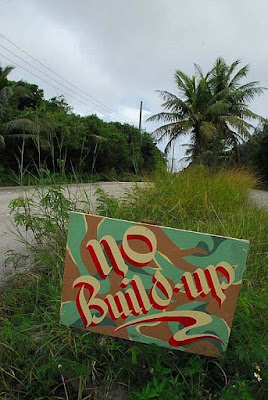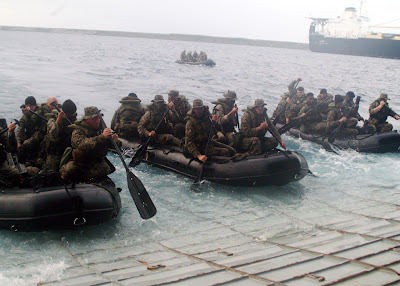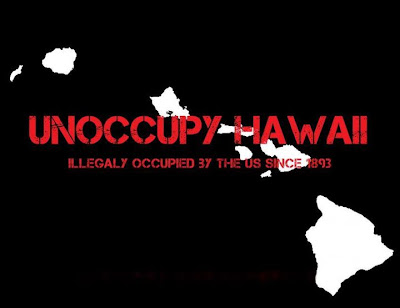Setbisio Para i Publiko #30: Ghosts of Buildups Past

I am staying up all night tonight to finish an article on environmental discourses surrounding the US military buildup to Guam as it was proposed in the 2009 Draft Environmental Impact Statement (DEIS) and later formalized in their Record of Decision (ROD). This buildup as it was proposed never happened, as financial problems in both the United States and Japan as well as local resistance efforts, including a lawsuit ended up stalling and delaying the process for years. The buildup looks and sounds so much different today than it did five or six years ago. There is a greater emphasis on environmental stewardship and also constant reminders that the Department of Defense (who currently control 28-29% of Guam) plan to control less total land once the buildup is over. Part of the change in tone is due to the fact that the island of Guam changed in the buildup debate process. This is a key feature of my article. When the buildup was first announced, public opinion on the buildup was op



